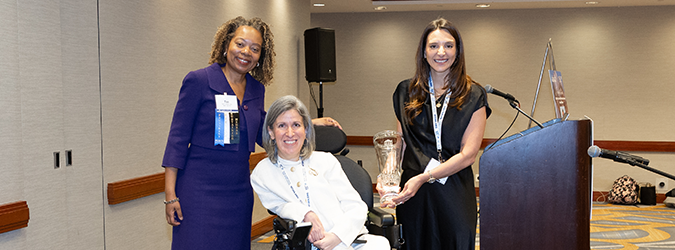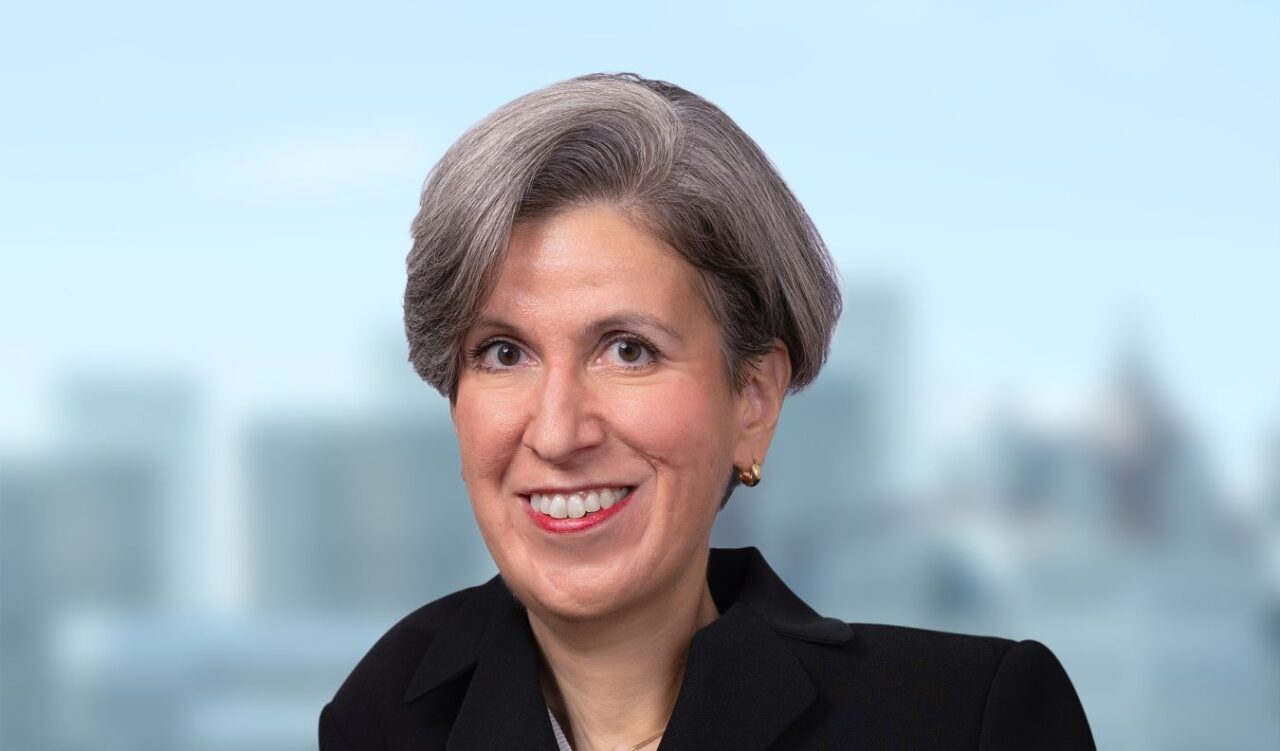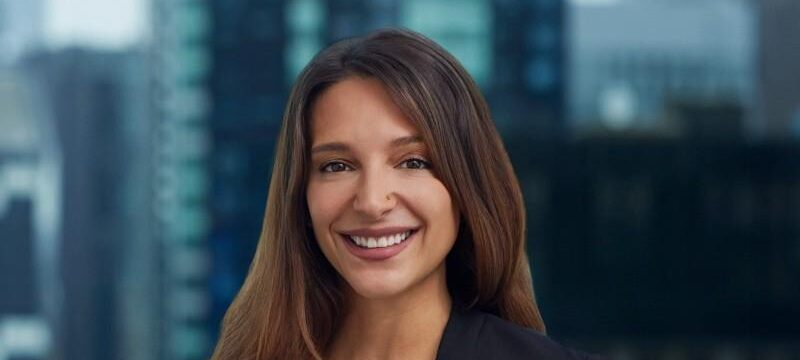Demand for Female Attorneys in Arab Countries Growing Exponentially
7.22.2024

In Iraq, record numbers of women are pursing legal careers. Female lawyers are needed to help Iraqi women in family law, estate law and criminal law.
In Saudi Arabia, women make up more than 30% of the student body at law schools. Those numbers have grown exponentially in the last decade, and the kingdom is now recognized as a top reformer among the Gulf Cooperation Council countries.
In Turkey, half of the members of the Istanbul Bar Association are women.
“We see a huge focus on demand for women practicing in corporate, commercial banking, project construction, and energy law especially in the United Arab Emirates,” says Raya Abu Gulal, a government and business attorney practicing in the UAE and in Iraq and Oman.
At a New York State Bar Association program on Arabic Women in the Law, speakers provided these statistics to illustrate the increasing acceptance — and demand for — female lawyers in the Middle East and Eurasia. During the three-hour educational seminar, attorneys shared their successes and challenges, while being honest about the dichotomies that make up a complex region. Significant opportunities for advancement exist for educated women while challenges remain for many young women who want to become lawyers. The panelists also highlighted how the perceptions of women working in the Middle East don’t always match the reality.
D.C. to Dubai: Sheila Shadmand
Sheila Shadmand is an American lawyer of Middle Eastern descent. After working for a few years out of law school for Jones Day in Washington, D.C., Shadmand was offered the opportunity to relocate to Dubai in 2008 to open the firm’s new office. She discovered that she was breaking new ground as the first female managing partner of a major international firm in Dubai or Abu Dhabi.
Many friends and colleagues warned her against the venture, saying it wouldn’t be a success because she is a woman working in the Arab world. What she found proved them wrong.
“For most of the Arab men, who are our clients, the fact that I was a woman did not affect at all their view of our firm or my capabilities,” she said. “It was simply a misperception about how Arab women are viewed that exists in the West, less so in the East. We wrongfully paint the entire Middle East as one with whatever rights exist in one place must be the same in another country. Until the West sees these people and cultures independently, we will have a hard time getting over this misperception.”
Trailblazing Interrupted: Fatima Ghalib
Fatima Ghalib, a native of Saudi Arabia, acknowledges that being able to study abroad at Oxford in 1999 was good fortune. Her goal was simple: to return to her homeland to practice law and blaze a trail for women. After attaining the title of professional solicitor of England and Wales, she could not return home to practice law due to restrictions on women in Saudi Arabia at that time. This led her to practice in the UAE.
She continued her work on behalf of women’s rights in the region. One area of concern, Ghalib says, is the need for female representation on the bench and in professional organizations. Despite progress in educating women in law school, Ghalib says, Saudi Arabia still prohibits the appointment of women to the bench.
“Women need representation on bar councils from the top down and bar associations can lead in this area,” she said.
Raya Abu Gulal of R.A.G. Legal Consultancy agrees.
“The underrepresentation of women in the courts and tribunals is an issue; women remain a minority in the courtroom,” she said. “It’s important to amplify the voices of Arab women in the legal profession. We are here and often women in the Middle East are portrayed poorly in the media.”
Reducing Barriers to Female Education and Advancement
While acknowledging career opportunities for educated lawyers to pursue in the region, the experts are mindful of challenges girls face in accessing education in several Middle Eastern cultures.
First, addressing illiteracy among women and girls is key to providing upward mobility for women and their families. According to panelist Joséphine Hage Chahine, more than half of the adult women in countries such as Egypt, Morocco and Iraq are illiterate.
“This gender gap in education is also reflected in the working world. If women are illiterate, they will not get good jobs,” she said. “In the Middle East, a boy’s education is prioritized while girls are pressured to marry early, which interrupts their education.”
Second are concerns over the safety of girls living in war-torn areas and a shortage of female teachers as additional barriers to education. Lastly, the presence of enormous wealth in oil rich countries dissuades some young women from feeling the need to take on further education and enter a profession.
Chahine encouraged those in attendance to promote awareness of scholarships so that more girls can pursue a legal education.
“A legal education promotes democratic values, freedom of speech and equality before the law, giving women the ability to challenge discrimination, and participate in policy making,” she said. “We must create networking opportunities to bring women together and help them access mentors and resources for their education and advancement.”
Panelists detailed how much work is still needed to be done to bring women into partnership roles in Middle East and international firms. Shadmand says newer, younger firms in the UAE can more easily adapt to the changes of modern life, allowing women to advance faster in their careers.
Abu Gulal remarked that some of her best mentors were men and it’s important for those men to advocate for the promotion of women in partnership roles. She also emphasized how bar associations can play a role in helping lawyers recognize unconscious bias and advocate for more family friendly workplace policies for both men and women.
“Let us change the conversation with our trusted male colleagues, dads, and brothers about the role of men at home,” Shadmand said. “If we can encourage them to have more responsibility in the home, it would do a great deal to advance women in the workplace.”
Other sponsors of the program were NYSBA’s Women In Law Section and the Milan Bar Association.






